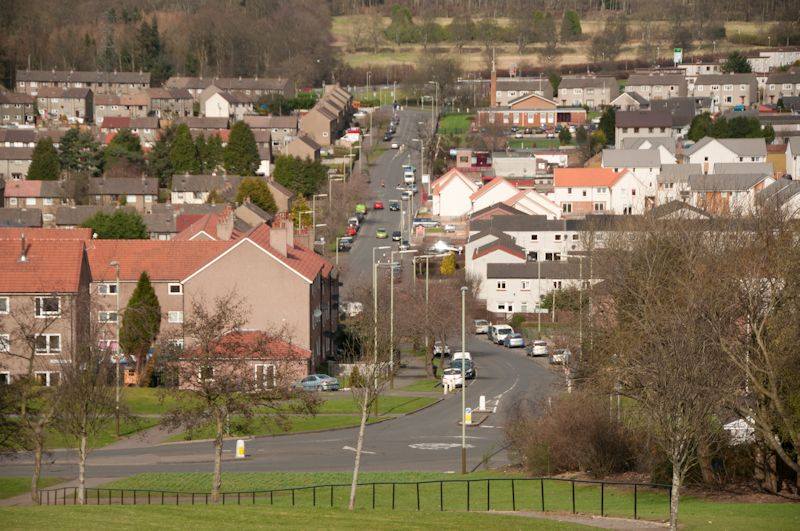New plans to outline future strategic direction for housing in Dundee

The future direction of housing in Dundee is laid out in two new strategic plans to be considered by councillors next week.
Both the Housing Asset Management Strategy and the Energy Efficiency and Net Zero Strategy acknowledge the serious and accelerating environmental, social and economic challenges posed by climate change, while at the same time focussing on steps to meet standards in social housing and reduce fuel poverty.
Mark Flynn, convener of Dundee City Council’s neighbourhood regeneration, housing and estate management committee, said: “With more than 12,500 council residential properties in the city, almost three-quarters of which are more than 60 years old, it is important that we have well developed plans to ensure that they continue to meet the needs of our tenants well into the 21st century.
“That means as a minimum not only maintaining Scottish Housing Quality Standards and meeting all legislative requirements, but also ensuring that we take steps to increase energy efficiency, reduce fuel poverty and decarbonise heat.
“Looking after the assets we have, as well as bringing new homes into the housing stock, means that we can balance the essential requirement of responding to the climate emergency while at the same time providing our tenants with best value, warm, clean and green homes.”
The new Asset Management Strategy replaces the previous version, and highlights the considerable progress made in regenerating areas of the city including Whitfield, Hilltown, Lochee and Mill o’Mains.
It notes that the best housing service can only be delivered to tenants if the assets are managed efficiently, provide safe and secure accommodation, comply with regulatory requirements and support current and future service needs.
Amongst which are the key challenges in the Energy Efficiency and Net Zero Strategy and include investing and retrofitting social housing stock, taking a fabric first approach, focussing on energy transition to net zero and tackling the climate emergency.
It builds on progress including more than £59 million of investment to deliver energy efficiency improvements including the External Wall Insulation programme to around 5000 council and privately-owned homes, the window replacement programme, installation of photovoltaic panels and electric vehicle infrastructure in social housing areas.
Acknowledging the enormity of the task of achieving net zero by 2045, as well as any interim targets, the strategy notes that what can be achieved will depend on available budgets.
The neighbourhood regeneration, housing and estate management committee will consider both strategies at its next meeting on December 4.







